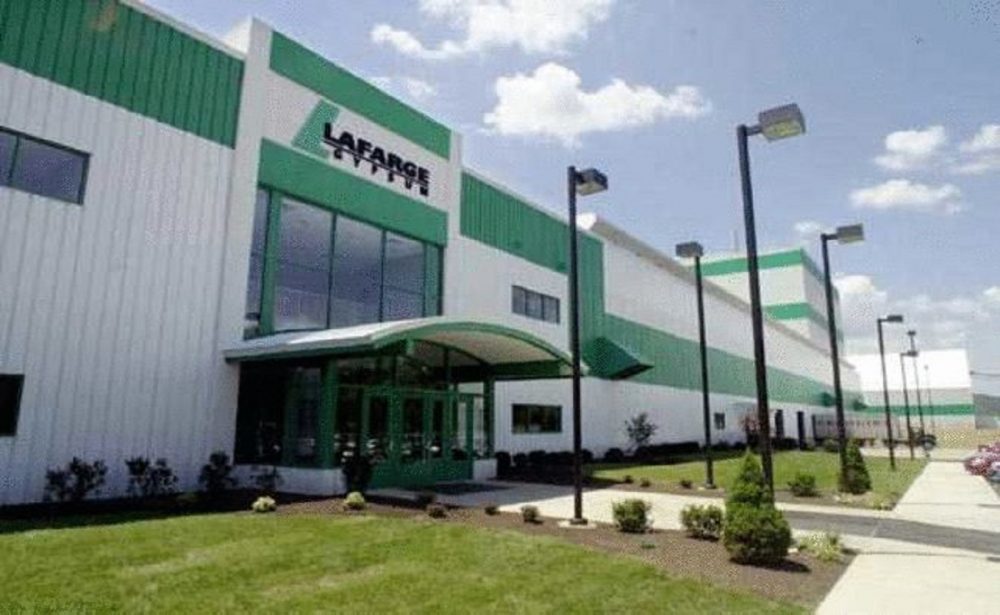Financial analysts at CardinalStone Research have said that in 2024, the Nigerian cement industry is expected to benefit from renewed government focus on infrastructure development and construction projects, which could stimulate demand for cement products.
The analysts stated this in their report on Nigeria Cement Sector 2024 Outlook tagged ‘Nigeria Cement Rebounding from a tumultuous year’
They noted that with increased budget allocations to critical sectors and ambitious infrastructure initiatives (N1.32 trillion to infrastructure, which represents 5.0% of the total FG 2024 budget), the construction industry is likely to experience a resurgence.
- “As Nigeria’s cement industry reflects on a challenging 2023, characterized by demand-stifling events like the cash crunch orchestrated by a poorly executed currency redesign policy, the material currency devaluation, and bouts of heavy rainfall, its hope for a gradual recovery in 2024 feeds off the return to relative macroeconomic normalcy and early gains from tough policy reforms.
- Cement manufacturers, in response, are beginning to recalibrate their production strategies in the form of capacity expansion and improved efficiency to meet the anticipated rise in demand,” they said.
The analysts said that while challenges may persist, the outlook for Nigeria’s cement industry in 2024 is one of cautious optimism, with potential growth opportunities emerging amidst the recovery phase.
Potential price war
The analysts highlighted that following BUACEMENT’s ex-factory price slash to N3,500 In October 2023, they do not rule out the possibility of price reactions from other players.
In addition, they said that given public agitation about rising cement prices in the country, it is possible to see some level of government intervention to ease the high cost of cement in the country.
According to them, the combined effect of the above could drive demand higher, with a knock-on effect on cement volumes.
Inauguration of the Infrastructure Support Fund (ISF)
They noted that the new administration of President Bola Ahmed Tinubu has announced the creation of an Infrastructure Support Fund (ISF) as part of a series of measures to boost the economy and ease the inflationary impact of the petrol subsidy removal.
- “The ISF is expected to help Nigeria revamp transportation and upgrade farm-to-market roads across states. It is also expected to fund health, education, power, and water projects.
- We expect this to take off in FY’24E, given the increased budgetary allocation to infrastructure in the Budget,” they said.
Federal Mortgage Bank of Nigeria (FMBN) recapitalization
According to the analysts, the central focus of the new Minister of Housing and Urban Development was the plan to raise the minimum capital for the Federal Mortgage Bank of Nigeria (FMBN) to N500 billion from N250 billion previously.
- “While specific details are yet to be provided, we anticipate some positive passthrough to cement consumption over the medium-to-long term.
- The FMBN recapitalization exercise is also expected to improve access to capital for home builders and support cement consumption in FY’24E and beyond,” they said.
Road Infrastructure Tax Credit (RITC) scheme
They expect that continued private-sector participation in the RITC scheme instituted in 2019 might remain supportive of cement demand.
According to them, given that the scheme is expected to expire ten years from the commencement date, “we expect more private-sector participants to continue to take advantage of the scheme to benefit from associated tax concessions”.
Full AfCFTA participation to drive exports
The analysts noted that they also expect Nigeria’s full participation in the AfCFTA to boost cement exports from players like DANGCEM and BUACEMENT.
They added that as of 9M’23, BUACEMENT alluded to having earned c.€7.0 million in exports and is working on capturing new markets in Africa.










.gif)







How will all these affect the price (s) of cement, will it be within the reach of an average civil servant or any middle-class citizen?
On cement price reduction in Nigeria, I doubt the likelihood of such price reductions, despite BUA’s pronouncements in October of 2023.
These concerns arise amidst the backdrop of the business environment and general economic conditions.
Stakeholders should engage in a constructive dialogue to address these uncertainties and their potential impact on infrastructure and economy in 2024.
There can be no price war in the cement market when the dominant player has shown no interest. So far, the N3500 price cut is ineffective.
We need more low cost producers in the cement market. Dangote need to stop beefing other producers so they can satisfy the market
Why is the N3500 price ineffective?